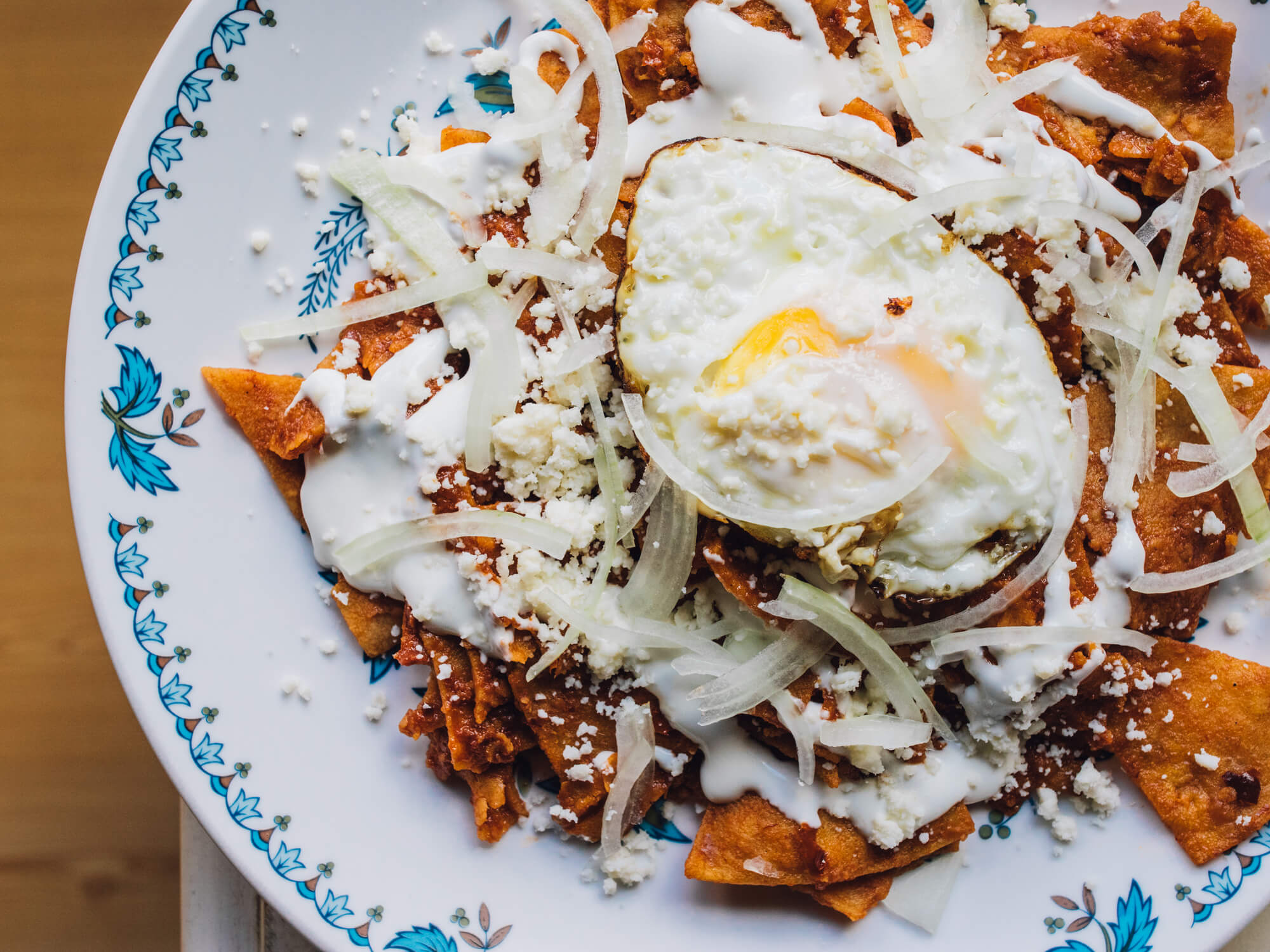Queso Fresco, a popular cheese in Mexican cuisine, is loved for its creamy texture and mild flavor. Many dog owners wonder if their furry friends can safely enjoy this cheese. However, feeding Queso Fresco to dogs can pose risks to their health. In this article, we will explore the potential dangers and provide alternative options for treating your dog.
What is Queso Fresco?
Before we delve into the topic, let’s define what Queso Fresco is. Originating from Mexico, Queso Fresco is a soft and crumbly cheese made from cow’s milk. Its tangy taste pairs well with various Mexican dishes such as tacos and enchiladas.
Definition and Origin of Queso Fresco
Queso Fresco has a rich history dating back to the Aztec empire. Traditionally, it was made by curdling raw milk, but modern variations use pasteurized milk for safety reasons.
Nutritional Value of Queso Fresco
One ounce (28 grams) of Queso Fresco contains approximately 80 calories, 6 grams of fat, less than 1 gram of carbohydrates, and 5 grams of protein. It also provides essential vitamins and minerals like calcium and vitamin A.
Risks Associated with Feeding Dogs Queso Fresco
Feeding dogs Queso Fresco, like other types of cheese, can have potential risks. Dogs, like humans, can be lactose intolerant, which means they have difficulty digesting lactose, the sugar found in milk products. This can lead to digestive issues such as diarrhea and vomiting. Additionally, cheese is high in fat, which can contribute to obesity in dogs if given regularly or in large amounts.
Lactose Intolerance
Dogs may lack the necessary enzyme, lactase, to properly digest lactose. While some dogs may tolerate small amounts of cheese occasionally, others may experience discomfort and gastrointestinal distress even with small quantities.
Obesity
Feeding dogs high-fat foods like cheese can contribute to obesity, which can lead to various health issues and shorten their lifespan.
Specific Concerns with Feeding Dogs Queso Fresco
Apart from the general risks associated with cheese, Queso Fresco has specific concerns. It is known for its high sodium content, making it unsuitable for dogs requiring a low-sodium diet due to underlying health conditions. Additionally, some types of Queso Fresco made from unpasteurized milk can pose a risk of bacterial contamination, leading to severe illnesses such as listeria and salmonella.
It’s crucial to prioritize your dog’s safety by thoroughly washing your hands and surfaces that come into contact with Queso Fresco and avoiding feeding it to your dog altogether.
Alternatives to Feeding Dogs Queso Fresco
If you’re looking for safe alternatives to treat your dog, there are several human foods that dogs can enjoy as treats or added to their meals. Fruits like berries, apples, bananas, and watermelon are low in calories and packed with essential vitamins and minerals. Vegetables such as carrots, green beans, and sweet potatoes not only provide nutrition but also help clean your dog’s teeth.
Dog-Friendly Cheeses that are Lower in Sodium and Lactose-Free
If you still wish to treat your dog with cheese, there are dog-friendly options available. Cottage cheese is low in salt and lactose, making it a good source of protein for dogs. Goat cheese, with its lower lactose content compared to cow’s milk cheeses, is another option. However, it’s important to feed cheese in moderation and consult with your veterinarian before introducing new foods into your dog’s diet.
Frequently Asked Questions
Q: Can dogs eat Queso Fresco?
A: Feeding dogs Queso Fresco can be risky due to its high fat and sodium content, as well as the potential for bacterial contamination. It’s best to avoid feeding it to your dog altogether.
Q: What are the risks of feeding dogs cheese?
A: Feeding dogs cheese can lead to digestive upset, obesity, and potential health issues associated with high fat and sodium content. Dogs may also be lactose intolerant, causing gastrointestinal problems.
Q: Are there any safe alternatives to Queso Fresco for dogs?
A: Yes, you can treat your dog with fruits and vegetables such as berries, apples, carrots, and green beans. Cottage cheese and goat cheese can also be safer options in moderation.
Conclusion
Feeding dogs Queso Fresco, like other types of cheese, can pose risks to their health. It’s crucial to consider their dietary needs and potential intolerance to lactose. Additionally, Queso Fresco’s high sodium content and the risk of bacterial contamination make it unsuitable for dogs. When introducing new foods into your dog’s diet, always consult with your veterinarian for personalized advice. Prioritizing your dog’s well-being involves making informed food choices that align with their specific nutritional requirements.
For more information on dog health and nutrition, visit Pawsoha.

